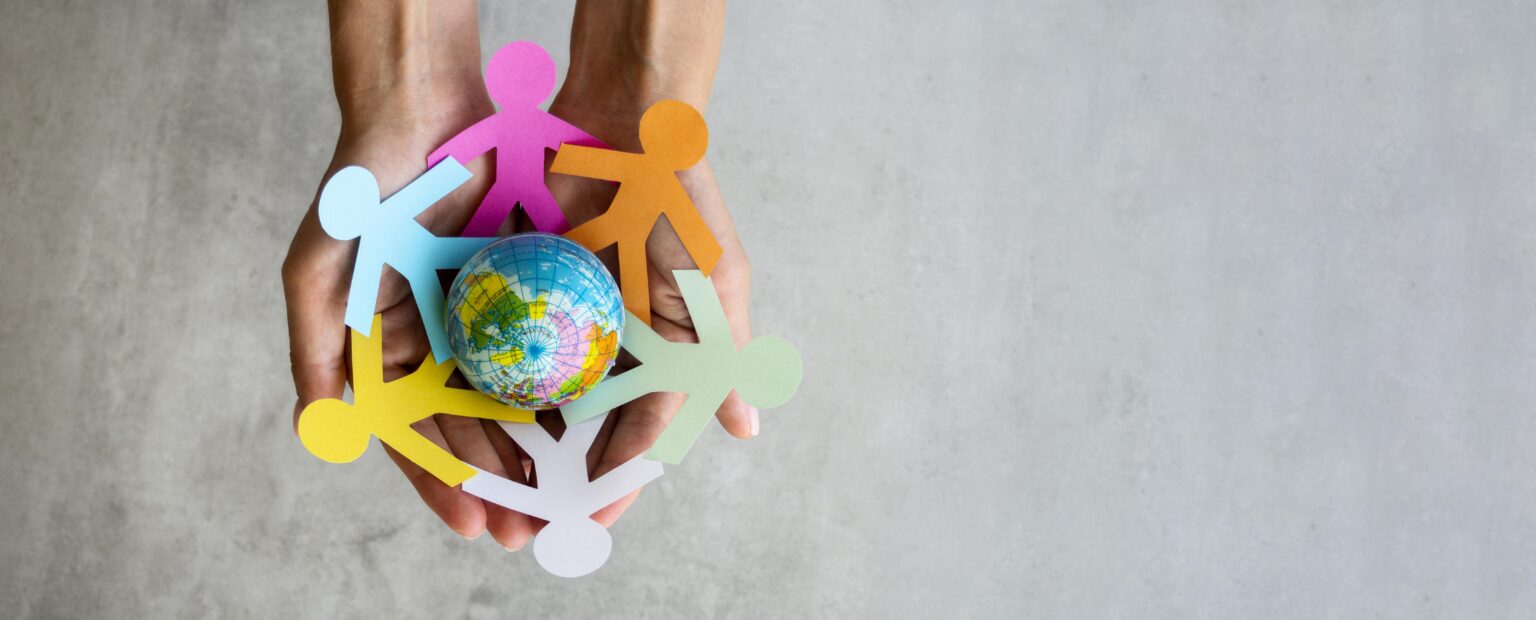
The Unfinished Professionalization of Social Work in Iran: A Call for Unified Governance
Social work in Iran is a vital but fragmented field, operating without a clear, centralized governing body. Despite the existence of numerous national and provincial associations, the profession lacks a unified, specialized system to oversee its standards, ethics, and practice. This has led to significant challenges in professional development, regulation, and the overall effectiveness of social work services across the country.
This article explores the current landscape of Iranian social work, the roles of its key professional bodies, and the ongoing quest for a cohesive organizational structure.
The Current Landscape: A Patchwork of Associations
Several key associations play a role in the Iranian social work community, each with its own specific focus and membership. The most prominent are the Iranian Social Workers Association and the Scientific Association of Social Work in Iran.
- Iranian Social Workers Association: This is one of the oldest and most influential professional bodies. Its membership includes both social work graduates and non-social work professionals who contribute on a voluntary basis. However, its scope is primarily limited to its members, and it does not serve as a comprehensive regulatory body for the entire profession.
- Scientific Association of Social Work in Iran: This association is focused on the academic and professional development of social work graduates, from bachelor’s to Ph.D. levels. Like its counterpart, its influence is largely confined to its members, and it lacks the authority to set nationwide standards.
A third significant entity is the Association of Social Work Clinics of Iran, which historically has faced its own unique set of challenges. This association represents private social work clinics that are licensed by the State Welfare Organization of Iran. Its history is marked by periods of activity and dormancy, and it is currently in a state of revival.
The Challenge of Autonomy and Inter-Association Dynamics
A central issue within Iran’s social work community is the lack of independence between these different professional groups. Ideally, these associations should operate autonomously to foster healthy competition and collectively advance the goals of social work. However, the reality has been quite different.
The Iranian Social Workers Association has historically exerted considerable influence, both directly and indirectly, over the Association of Social Work Clinics. This has hindered the clinics’ association from establishing its own independent identity and operational framework. This influence is often a result of local representatives from the Social Workers Association also holding leadership positions (such as board memberships) in provincial social work clinic associations. While not necessarily malicious, this overlap has made it difficult for the clinics’ association to chart an independent course and has often led to a lack of success in its endeavors. The strong presence and influence of the Social Workers Association’s provincial branches have inadvertently created a situation where its representatives have a greater chance of securing leadership roles in other organizations, blurring the lines of responsibility and authority.
The Unfulfilled Promise of a Unified System
For years, there have been concerted efforts to establish a unified professional body, such as the Iranian Social Work System Organization. The goal of this organization would be to provide a clear, specialized governing structure for all social workers in the country, akin to the systems in place for other professions like medicine or engineering. However, these attempts have consistently failed to be approved, often due to perceived flaws or shortcomings in the proposed structures. The absence of such a system leaves the profession without a single point of reference for professional licensing, ethical oversight, and quality control.
Key Takeaways and a Path Forward
The social work profession in Iran stands at a crossroads. While individual associations and dedicated professionals are working hard to serve the public, the lack of a unified, autonomous, and specialized governing body holds the field back. The ongoing fragmentation and inter-association conflicts highlight the urgent need for a new approach.
To move forward, a new model for professional governance is needed—one that respects the autonomy of each professional group while establishing an overarching, independent regulatory body. This would not only resolve existing conflicts but also provide a clear framework for professional development, ethical practice, and public accountability. Only then can social work in Iran reach its full potential and effectively serve the needs of its citizens.


